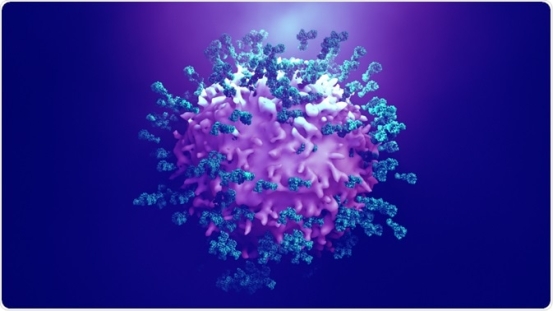The emergence of cancer antibodies marks a turning point in the evolution of oncology. These engineered immune molecules are redefining what is possible in precision cancer care. Unlike traditional treatments that broadly target both healthy and diseased tissues, antibody-based therapies offer focused, molecular-level accuracy—delivering life-saving results with fewer side effects and greater patient compatibility.

How Antibodies Work Against Cancer
Antibodies are essential tools of the immune system, capable of identifying harmful invaders by recognizing unique surface markers called antigens. In the case of cancer, researchers design synthetic antibodies that can detect antigens specific to tumor cells. Once bound, these antibodies either signal the immune system to attack or deliver therapeutic agents directly to the site of disease.
This targeted precision minimizes collateral tissue damage and represents a major advancement over conventional chemotherapy or radiation.
Main Types of Cancer Antibody Therapies
Modern cancer treatment incorporates several forms of antibody technology, each playing a distinct role in therapy development:
Monoclonal Antibodies (mAbs): Designed to attach to one specific cancer-related antigen, these antibodies can inhibit tumor growth or act as carriers for radioactive or toxic compounds.
Bispecific Antibodies: These unique molecules can link immune cells and tumor cells simultaneously, strengthening the immune system’s ability to eliminate malignancies.
Antibody-Drug Conjugates (ADCs): These combine antibodies with potent drugs, ensuring that medication is delivered only to cancerous tissues, reducing systemic toxicity.
The Multi-Faceted Mechanisms of Action
Antibody therapies use various biological tactics to destroy cancer cells:
Immune Response Enhancement: They recruit immune cells to recognize and attack malignant targets.
Signal Disruption: Certain antibodies block growth factor receptors, cutting off the communication needed for tumor development.
Precise Drug Release: ADCs deliver cytotoxic drugs directly into tumors, preserving surrounding healthy organs.
Tumor Ecosystem Modification: By altering the tumor’s local environment, antibodies can reduce metastasis and increase treatment sensitivity.
Integration Into Modern Cancer Immunotherapy
The success of antibody-based drugs has established them as vital components of immunotherapy.
Checkpoint inhibitors such as PD-1, PD-L1, and CTLA-4 blockers deactivate tumor defenses, allowing immune cells to perform their natural functions. When paired with chemotherapy, radiation, or targeted gene therapy, antibodies enhance treatment depth and durability. Furthermore, genomic sequencing enables the customization of antibodies tailored to each patient’s cancer profile, creating a new level of therapeutic precision.
Promise and Remaining Challenges
Cancer antibodies offer unmatched advantages: improved accuracy, lower toxicity, and superior patient outcomes. Their flexible design makes them ideal for individualized medicine.
Yet, certain obstacles persist. Tumor mutations may alter antigens, leading to resistance. Large-scale production remains complex and expensive, and immune-related side effects can limit long-term use. Addressing these limitations will be crucial to making antibody therapy universally accessible.
The Future of Antibody Innovation
The next evolution in antibody therapeutics will involve multi-target and AI-designed antibodies capable of addressing cancer heterogeneity. Integration with nanocarriers and gene-editing tools will further improve drug delivery and treatment precision.
Ultimately, cancer antibodies symbolize the shift toward a new medical paradigm—where treatments are custom-built for the individual, immune systems are empowered to fight disease naturally, and the boundaries of cancer care are continually redefined.
